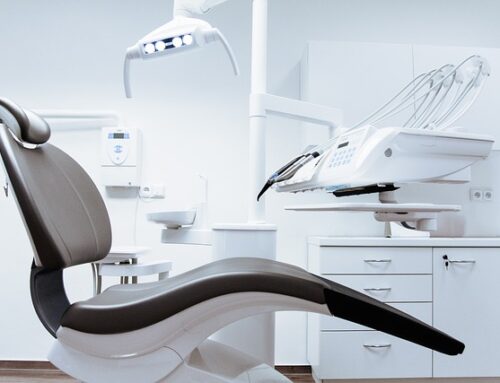Temporomandibular joint (TMJ) disorder (TMD) can cause a lot of problems and discomfort for our patients. While the best care is a diagnosis and corrective oral appliance therapy, there are some self-care measures you can share with your patients to help as well. Here are a few self-care tips that can help your patients find relief from their jaw pain.
Be mindful of what you eat
This isn’t about the right diet to lose weight. This is about understanding what types of food overextend the jaw and add even more pressure and pain. Sometimes it can be that simple: choose the right foods for your jaw.
Chewing strains the TMJ and when symptoms are bad, patients might not be able to chew at all. Patients can be mindful of what they eat by:
- Choosing soft foods. Look to scrambled eggs, oatmeal, yogurt, quiche, tofu, soup, smoothies, pasta, fish, mashed potatoes, milkshakes, bananas, applesauce, gelatin, ice cream, etc.
- Not biting into hard foods. Try to avoid whole apples, carrots and corn on the cob. Anything that overextends the jaw will cause added pain and discomfort.
- Grinding or finely chopping meats and other tough foods. Instead of reaching for that juicy steak, try hamburger meat instead. There are options that can help.
Alternate use of ice and heat
Ice helps reduce swelling and pain while heat helps relax the muscles, increasing blood flow. When a patient is experiencing severe pain, it is best to use a gel pack or cold pack. Apply the ice pack for about 10 to 20 minutes and repeat as needed. An easy way to make a cold pack is to place ice cubes in a plastic bag that seals at the top. Then wrap the bag in a clean, thin towel or cloth. Do not place ice or a cold pack directly on the skin.
When experiencing mild to moderate muscle pain, that is when you should use moist heat. Apply a moist, warm towel to the muscles for 10 to 20 minutes–similar to when using a cold pack. Repeat this as needed as well.
Stay away from triggers
There are certain activities that can make TMD symptoms worse. It is vital that our patients learn to stay away from those triggers and limit the strain on their jaw muscles. This goes back to not eating hard to chewy foods. Be mindful of what you eat and how it impacts the jaw muscles.
If a patient’s jaw aches, it is also important to reschedule any routine dental visits, such as cleanings. And if the jaw pain is severe, it is vital they come in to see a specialist. Additionally, when yawning, patients should support their jaw. To do this, when a yawn is coming on, put a fist under the jaw and apply gentle pressure. It helps to prevent wide, painful yawns. And if any other activity hurts your jaw, avoid those as well.





